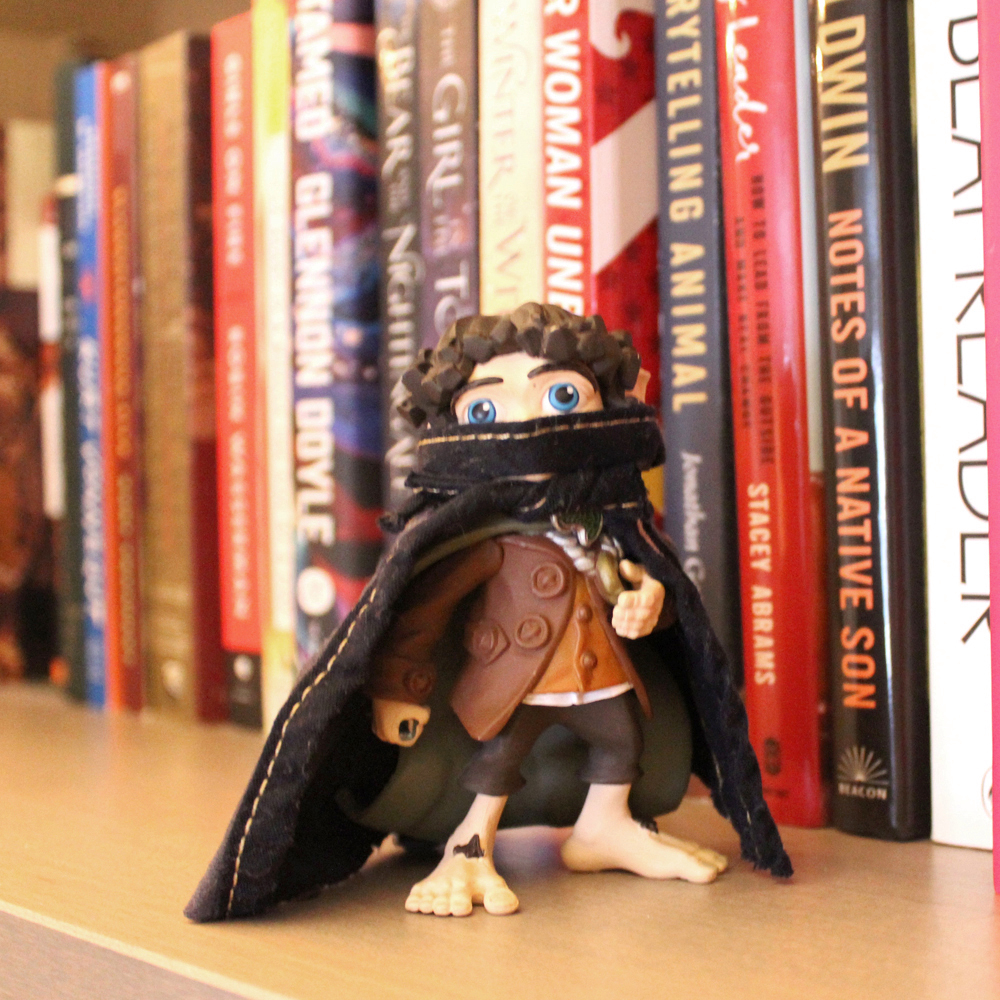By Malic White, December 21, 2020
Santa “sees you when you’re sleeping,” but his right hand man — the Elf on the Shelf — serves a more sinister role in surveillance. Introduced in 2005, the cutesy book-and-doll combo instructs parents to hide the elf doll around their home in the days leading up to Christmas. Photos of the Elf on the Shelf peeking out of cabinets and diving headfirst into bags of candy have exploded on social media, but as the whimsical new tradition takes off, some writers are calling the elf’s role into question. The Elf on the Shelf keeps tabs on who’s naughty and who’s nice, or as the little guy says in the rhyming story, “At holiday time, Santa sends me to you. I watch and report on all that you do.”
Yep, that cherubic, pointy-eared pal is an insidious form of faux supervision that indoctrinates children into surveillance culture. If you think those are strong words, consider digital technology professor Laura Pinto’s take: the Elf on the Shelf is “a capillary form of power that normalizes the voluntary surrender of privacy, teaching young people to blindly accept panoptic surveillance and reify hegemonic power.” Woof.
2020 has been a big year for police surveillance in the U.S. Protestors have been identified and arrested using their Facebook posts and even an Etsy review. Facial recognition technology is on the rise. This is the year to reject surveillance culture, and the resistance starts at home. If you’re a parent with an Elf on the Shelf doll or if you’re a childless queerdo looking for wholesome holiday fun, I’m calling for a rebrand. The Elf on the Shelf as we knew him is dead. We need the Anti-Fascist on the Bookcase.


